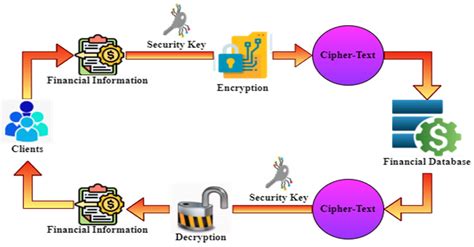Effect of regulatory changes on tether (USDT): Cryptocurrency Market Analysis
In recent years, the world of cryptocurrency has recorded rapid growth and development. The introduction of new cryptocurrencies and chips was accompanied by increasing demand for stable coins such as USDT (Tether). USDT is one of the most commonly marketed and used stable coins worldwide, known for a solid offer of the US dollar value. In this article, we examine that regulatory changes are likely to affect stability, growth and market dynamics.
What is mandatory?
Tether (USDT) is a cryptocurrency that is supposed to keep the pen with the US dollar 1: 1. Stablecoin introduced Bitfinex, cryptocurrencies and other digital devices online trading platform in 2014. Tether’s goal is to reliably replace their Fiat to cryptocurrencies for users without causing significant losses due to market fluctuations.
Regulatory environment
The regulatory situation of the cryptocurrency is very complex and continues to develop rapidly. Governments from all over the world take steps to take illegal activities such as money laundering and terrorist funding. Cryptocurrencies, such as governments’ tough competition, are looking at tough competition for regulating new markets.
Effect of regulatory changes on tether (USDT)

Many regulatory changes can affect USDT stability and growth:
- If it is found that it does not meet the regulatory requirements, this may lead to increased fines or even to turn off USDT trading platforms.
- Knowledge of suction money laundering (AML) and regulations : Cryptocurrencies are often related to illegal activities, which can lead to stricter review processes for users and possibly limit access to USDT.
- Possible ban or restrictions of commercial platforms : Governments are known to ban or restrict the exchange of certain types of cryptocurrencies. If a government has taken measures against bitfinex or other important recipients, it can limit, trade and save the tether’s ability.
4.
market dynamics
The impact of regulatory changes on the wider cryptocurrency market is also involved:
- Decreased adoption : Changes in regulations can prevent users and merchants from participating in the USDT market.
- Increased volatility : The notion that governments can be accepted against cryptocurrencies can result in increased volatility, which makes investors riskier to participate in markets that were once stable.
- Moving decentralized stock exchanges (DEX)
: When pursuing rules or avoiding possible penalties, some users may change their attention to Dex platforms, which are less likely to apply to regulatory exams.
Diploma
Regulatory changes can significantly affect tether stability and growth. While governments continue to deal with the complexity of cryptocurrencies, market dynamics are likely to change in the reaction. If regulatory authorities become stricter, the USDT value may be reduced due to increased volatility and reduced acceptance.

